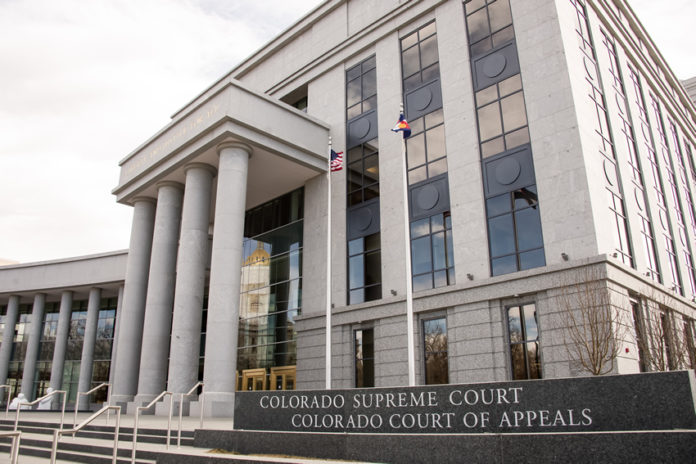
Capital punishment in Colorado was abolished in the last legislative session, and many state-level advocates have argued for the move for decades. Among arguments toward abolishment is the issue of extreme penalty. In cases like Sullivan v. People, it was hard to tell where the line was on that particular issue and the case’s far reaching impacts were still relevant decades later.
In March 1942, prosecutors presented evidence showing John Sullivan, who was then 42 years old, went to Carrie Culbertson’s home to deliver a letter and then asked for some tools he had left there. While Culbertson bent over to retrieve the tools in her basement, Sullivan stabbed her in the back with a knife he had picked up inside the house, and then went home. The next morning, he returned to Culbertson’s basement, dragged her body from where it had fallen and left it in front of the furnace door, and then turned out some lights which had burned out during the night. Sullivan then left Culbertson’s home, locking the door behind him.
According to court records, “his sole excuse for the crime was a ‘grudge,’ carried from the preceding summer, because [Culbertson] had ‘been mean’ to his employer.”
Sullivan was convicted of the first-degree murder after entering a plea of guilty by reason of insanity. While evidence was lacking in support of the insanity plea, defense counsel showed during the trial that Sullivan’s “intellect was below ‘the average normal level,’” and that he was possibly “‘mentally’ below [18] years of age.”
The Colorado Supreme Court weighed in on the plain language of the death penalty statutes saying the laws were clear on statutory age and that other factors pertaining to sentencing were up to juror discretion.
The 1943 opinion read, “We have no reason to believe that they abused that discretion, but if so, power to correct it is lodged elsewhere. We are powerless to write ‘mental’ into the statute.”
Because the court was only able to construe the laws as they were written, the Supreme Court on Sept. 20, 1943, affirmed the judgment.
Sullivan v. People was cited in only two other cases in the late 1960s, and others seemed to take a more traditional approach to appealing factors related to Colorado’s capital punishment statutes. The Supreme Court opinion noted the novelty of the argument in Sullivan but concluded saying, “[p]assing the hurdles that no known authority supports him and that reason resists, the resolution he contends for would lead into a hopeless morass.”
— Jess Brovsky-Eaker

